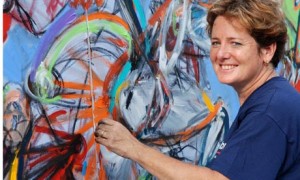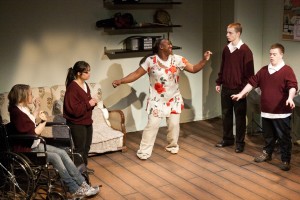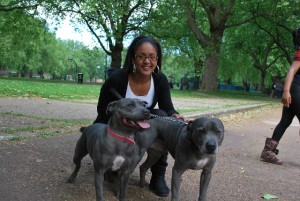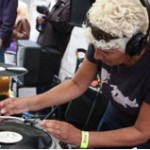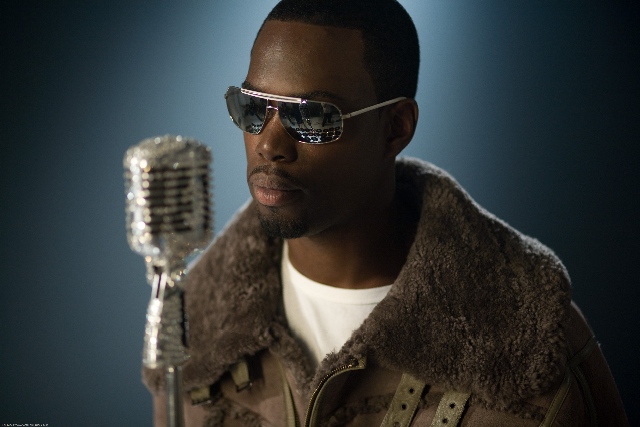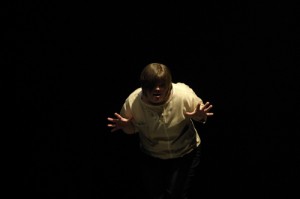
It’s not unusual to view art as an escape from daily life. It’s more rare for the audience to be transformed from observer to participant and to feel so immersed in a theatrical event that they feel like the only world they inhabit is the one on the stage.
I’ve just come across what promises to be a uniquely interactive drama experience, Visitor, by the East Midlands-based theatre company Movers. The installation-style performance, designed with disabled children and their families in mind, takes place in a dream-like, enchanted forest with “hidden activities” for the audience to participate in, a multi-sensory environment and the intriguing promise of some “interactive pods”. Audience members sit in a clearing in the “magical forest world” for the performance and, if they feel like it, interact with the characters, technology, materials and colours.
For some reason, I’m imagining A Midsummer Night’s Dream minus the foliage-related trip hazards and The Bard’s English…but the performance promises much more than this.
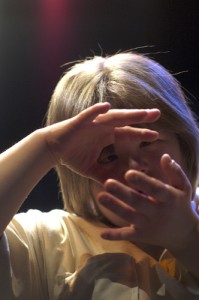
Movers, a company of learning disabled actors, is part of the 15-year-old Speakeasy participatory arts company based on the Saffron Lane Estate in Leicester. Speakeasy works in schools and youth theatres to create an accessible environment, which can be safely and freely explored. The group has developed a non-verbal, movement-based style, which audience-goers report to be quite mesmerising.
Movers performed in front of an audience of 25,000 at the opening ceremony of the 2009 Special Olympics hosted in Leicester (check out the amazing costumes). Formed by Speakeasy in 2004, the theatre company’s aim is to create professional quality touring performances which are inspired and created by the learning disabled adults involved. The company, which includes 11 adults aged 19 to 60, creates at least one new performance a year, and its recent work has included commissions for the Leicester City NHS Primary Care Trust – Make my stay, about experiences of healthcare from a learning disabled point of view – and an educational play about personalisation and the changes to the benefit system.
Speakeasy, which costs about £30,000 a year to run, relies on commissioned projects to make its work possible and, through Movers, has worked with roughly 20 learning disabled artists since 2004.
Speakeasy artistic director Andy Reeves says of Visitor: “We’re trying to make a piece of theatre which, though it’s imagined, devised and performed by learning disabled artists, will be a great audience experience for everyone. Visitor gives the audience the chance to get closer to the action, interact with characters and technology in a dream-like, woodland setting. Our goal is for everyone- disabled, non-disabled, young, old- to come out with a smile on the outside and a warm feeling inside.”
Movers actor James Langley adds: “It’s not going to be your average performance,it’s going to be completely different to what you’ve seen before, because it’s going to be by Movers, who do things differently to everyone else.”
Langley’s fellow actor Emma Shuttlewood says she wants to provoke an amazing response in the audience: “I want them to say ‘wow’!” Based on Movers’ previous successes, I’m sure they will.
Visitor premieres on Wednesday 1st and Thursday 2nd June at Embrace Arts, Leicester, as part of the Spark Children’s Arts Festival.

